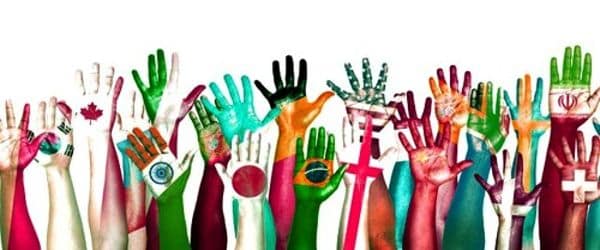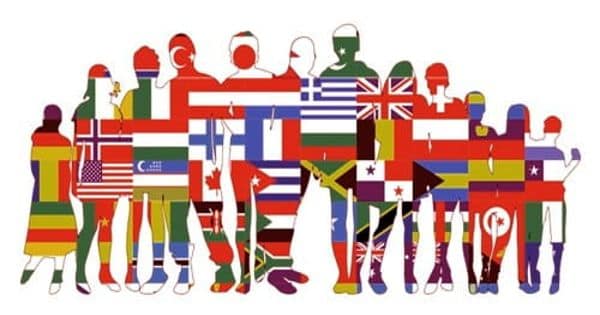Cultural nationalism generally refers to ideas and practices that relate to the intended revival of a purported national community’s culture. It is a form of nationalism in which the nation is defined by a shared culture. If political nationalism is focused on the achievement of political autonomy, cultural nationalism is focused on the cultivation of a nation. It is an intermediate position between ethnic nationalism and civic nationalism. Therefore, it focuses on a national identity shaped by cultural traditions, but not on the concepts of common ancestry or race. The need to articulate and express this vision tends to be felt most acutely during times of social, cultural, and political upheaval resulting from an encounter with modernity.
Nationalism is usually conceived of as a state-oriented political project. Cultural nationalism sets out to provide a vision of the nation’s identity, history, and destiny. The key agents of cultural nationalism are intellectuals and artists, who seek to convey their vision of the nation to the wider community. There has been much less scholarly focus on nationalists whose primary aim is the formation of national communities. An important area of research asks questions about the persistence of cultural nationalism in an era characterized by the increasing globalization of culture and the rise of new forms of cultural expression. At first cultural nationalism and a shared political perspective meant that all four organizations believed in a direct confrontation over problems of housing, education, employment, and political empowerment.

The history of cultural nationalism begins in late eighteenth-century Europe. “Cultural nationalism” does not tend to manifest itself in independent movements, but is a moderate position within a larger spectrum of nationalist ideology. It is a nationalist ideology that defines the nation on the basis of shared culture. It often occurs in the early phase of a national movement, sometimes before an explicitly political nationalism has appeared. The study of nationalism in Asia and Africa has contributed much to the understanding of cultural nationalism. Thus, moderate positions in Flemish, Hindu nationalisms can be “cultural nationalism” while these same movements also include forms of ethnic nationalism and national mysticism. Against the tendency to read the spread of nationalism among indigenous elites as wholly imitative of existing patterns in the Americas and Europe, several scholars have uncovered long-standing efforts to define the character and destiny of the colonized communities. There is a certain degree of cultural nationalism of art, making some nations reluctant to part with their cultural property.
















